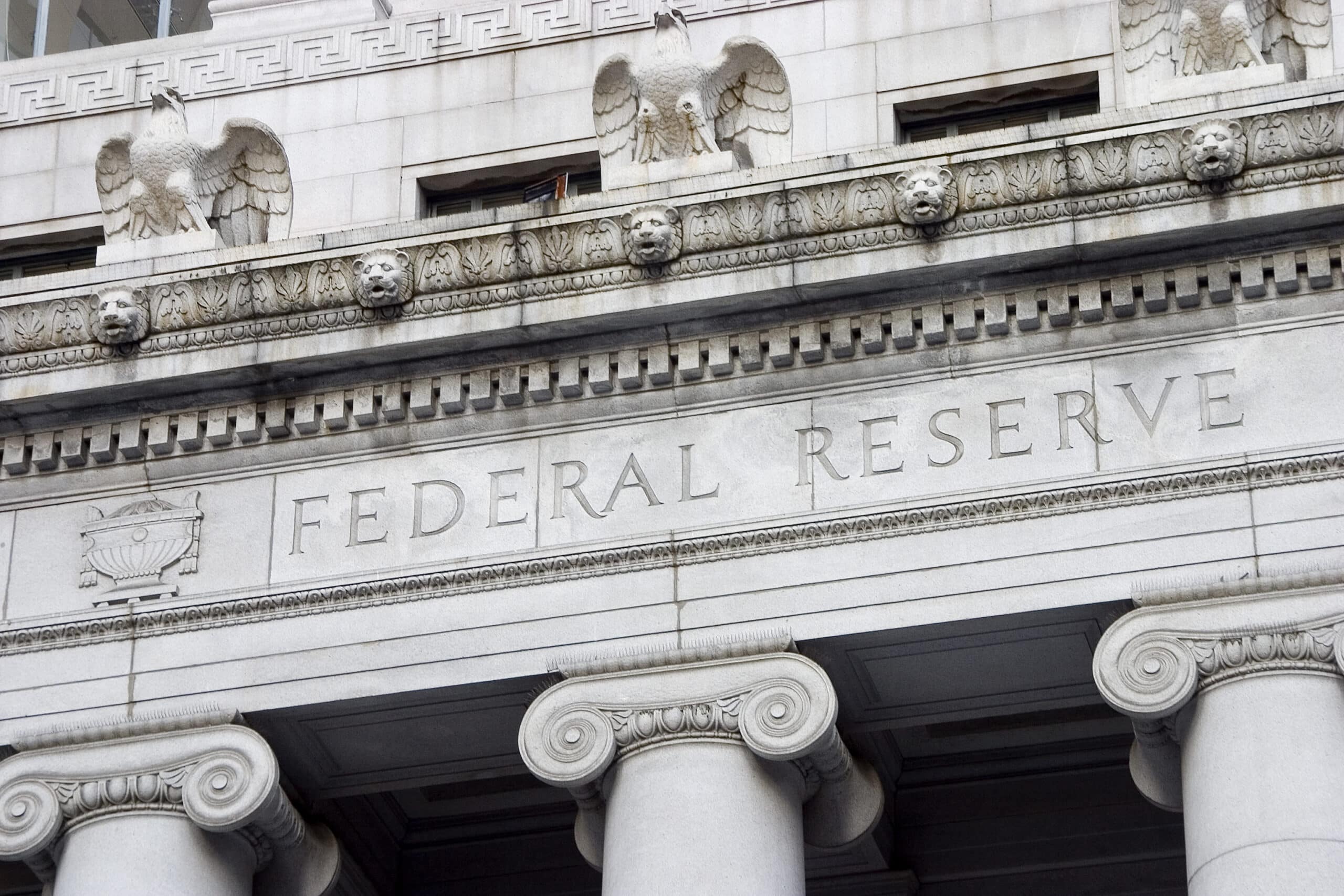Chinese Tariffs to Complicate Underwriting, Slow Innovation, Analyst Says
In addition to increasing vehicle prices, the 25% tariffs imposed on Chinese parts and goods by the Trump administration will complicate the underwriting process for lenders and slow down innovation in the auto industry, Jonathan Smoke, chief economist at Cox Automotive, told Auto Finance News. “Americans aren’t suddenly making 10% or 25% more income,” Smoke […]

Already subscribed? Log in















